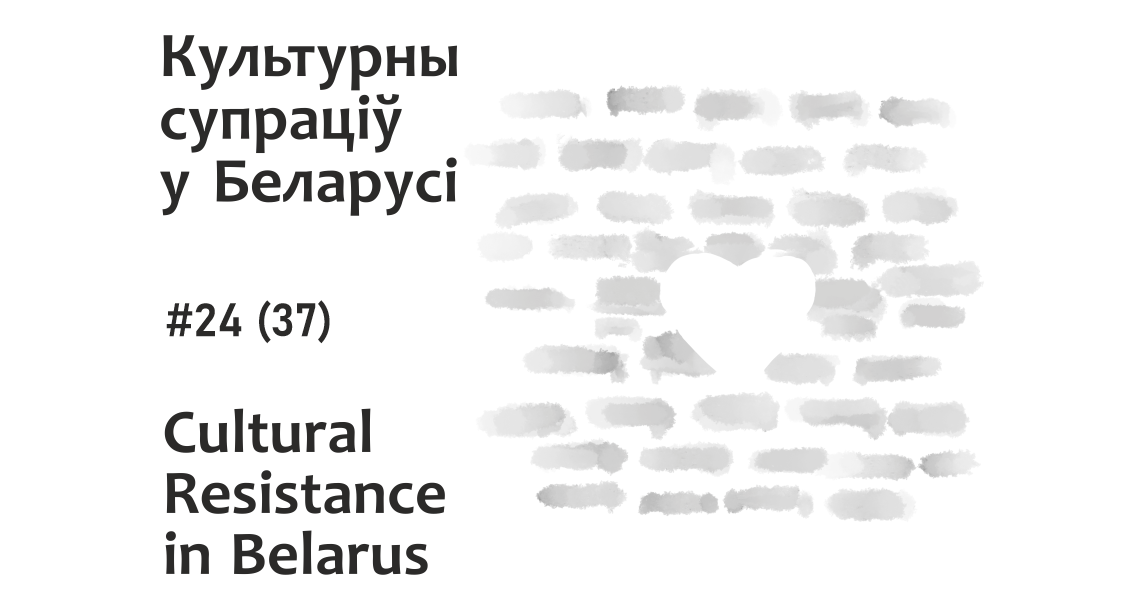
Download the pdf-version of issue 37 of Cultural Resistance Monitoring
Persecution, Convictions, Cultural Policy
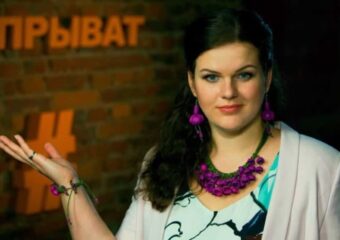
Valiaryna Kustava, Belarusian journalist and poet, has fled the country after two criminal cases had been launched against her.
Ihar Jarmołaŭ [Ihar Yarmolau], director of Dance Cafe studio, Mikałaj Sasieŭ [Mikalai Saseu], a choreographer, and Uładzisłaŭ Karecki [Uladzislau Karetski], film maker – all volunteers of Viktar Babaryka’s campaign headquarters – have been sentenced to 5 years in a medium-security penal colony.
Siarhiej Vieramiajuk [Siarhei Veramyayuk], a musician and Belarusian State Technical University student, was detained on June 14 before defending his thesis. He was sentenced to 15 days of administrative arrest.
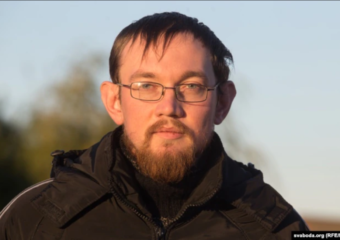
On June 17, the house of Kastuś Šytal [Kastus Shytal] was searched as part of the criminal case opened over insulting three policemen working at Dokšycy police department.
Members of the Union of Poles in Belarus continue being summoned for interrogations.
Alina Birukova, a photo artist from Homel, was detained on June 16, on allegations of having participated in the protest rally on September 20, 2020, based on the photo in which Alina didn’t even find herself.
Pavel Honca [Gontsa], leader of the UNIA choir, was detained on June 16 at his workplace at the Philharmonic.
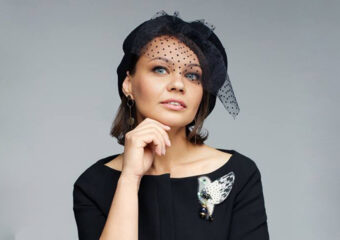
Aksana Zareckaja [Zaretskaya], an etiquette coach and a member of the Coordination Council, was detained on June 16 while watching the online version of the play White Rabbit, Red Rabbit, in which she made her debut as an actress. The other audience members invited by Aksana to watch along were detained too, they’ve received 15 days of administrative arrest.
Andrej Alaksandraŭ is staying in pre-trial prison till at least July 12.
Valadar Curpanaŭ [Tsurpanau] was punished by solitary confinement in Mahilou prison No. 4 twice for asking the prison guards to speak in Belarusian with him.
Kinemo, an open air festival of silent films and contemporary music, has been cancelled in Hrodna. The Museum of the History of Religion refused to provide a venue for the festival without explanation.
In Brest, a cultural platform Hrunt Buduchyni and cultural space Kryly Halopa have been closed by the government.

Natalla Akinina, a soloist of the National Opera and Ballet Theater, resigned from the theater, as “the management of the theater insisted on that”.
Yury Stułaŭ, the legendary professor at the Minsk State Linguistic University who in the fall of 2020 supported the students, got dismissed.
Gymnasium-College of Arts in Maładziečna didn’t extend the contract with the Belarusian speaking teacher of physical training Marharyta Sobal who has a vivid political stance.
Symbols

A criminal case for ‘mockery at the state flag of Belarus’ has been filed against Marharyta Laŭčuk [Marharyta Liauchuk], an opera singer now living in Lithuania. For this in Belarus, she could face up to two years of correctional labour, arrest or up to one year in prison.
Belarusian libraries have been urged to dispose of the two books by Viktar Lachar containing the history and illustrations of Belarusian symbols.
Volha Veramejenka, the owner of the Admietnaść store, was fined 770 EUR for T-shirts with the image of Pahonia, a bell and a banner.
Detentions and punishments for anything of white and red colors and with the national symbols continue.
Life of the Imprisoned People
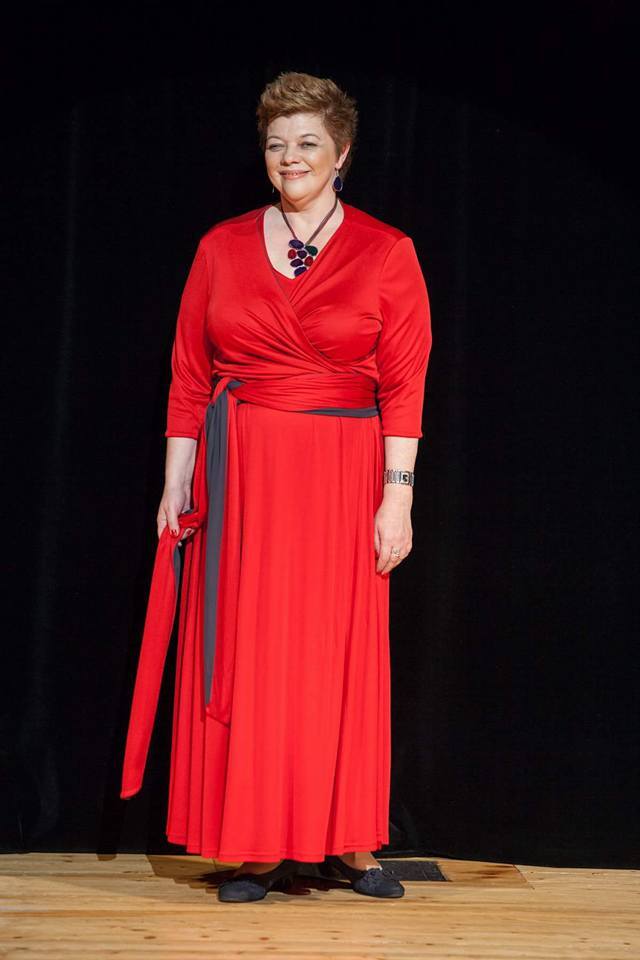
Jula Čarniaŭskaja [Yuliya Charnyauskaya], a Belarusian cultural studies scholar and the widow of popular Belarusian news portal TUT.BY founder Yury Zisser, managed to pass a message to her friends and family with the help of her defence lawyer. Jula’s daughter created a Facebook page where she’ll be posting on behalf of her mother.
“Comparing my situation to that of imprisoned persons, whose decency I never doubted, I do realise that I am very lucky. I pray for them – that is what I can do.”
Ihar Bancar, an activist and musician from Hrodna, sentenced to 1.6 years in open-air prison for a performance, had to leave for the open correctional facility in Viciebsk on June 17.
Andrzej Poczobut, a journalist imprisoned for the case of the Union of Poles in Belarus, through Covid-19 has been feeling fatigued, he has a cough and passes out; he has heart issues.

Poczobut is now kept in a crowded cell with 13 people. It’s stuffy, there’s not enough air and there are lice. As an exception, the prison administration allows him to lie on the bunks for 2 hours a day, the rest of the day he has to either stand or walk.
Maxim Znak, a lawyer, poet, writer and musician, told in his first interview from behind bars that he had not seen darkness for 9 months. Whenever possible, he exercises, writes a novel and keeps optimistic.
Dissent and Cultural Activism
The Face of the Revolution is Female / Die Revolution hat ein weibliches Gesicht – the book by Olga Sparaga, philosopher, professor and PEN Belarus member, was published by the German publisher Suhrkamp.
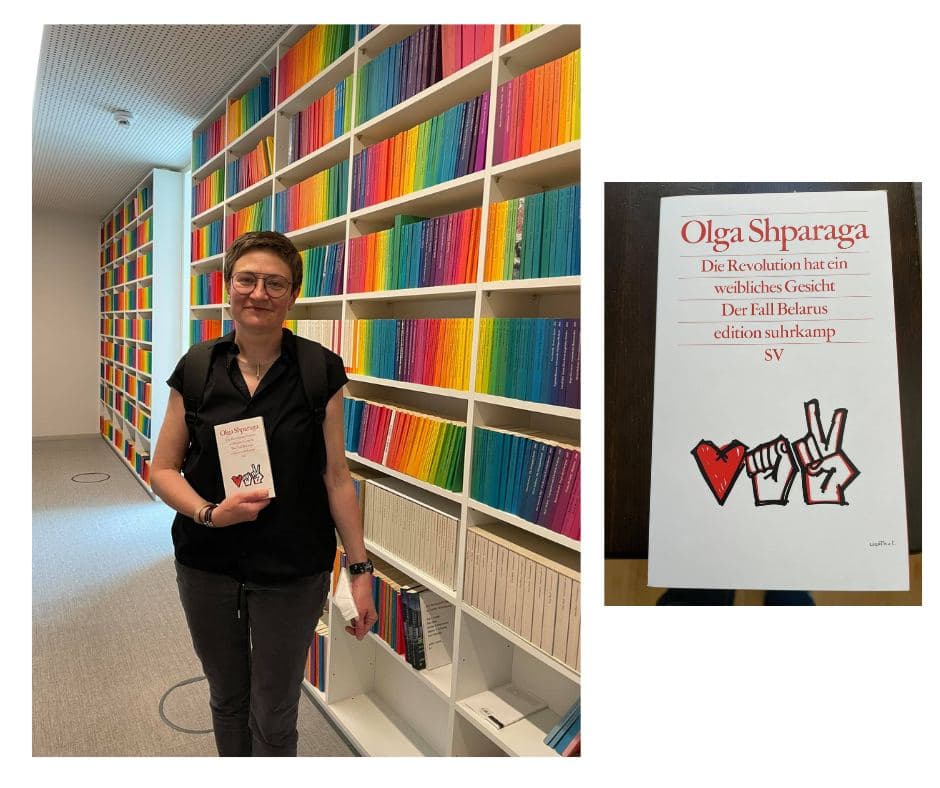
The book A Wanderer – memoirs of the poet, translator, and public figure Carlos Sherman, vice-president of the Belarusian PEN centre from 1989 to 2001 – has been published with the support of PEN Belarus.
Alhierd Bacharevič has published two new books: a Theatre of Happy Children and Victory Square.
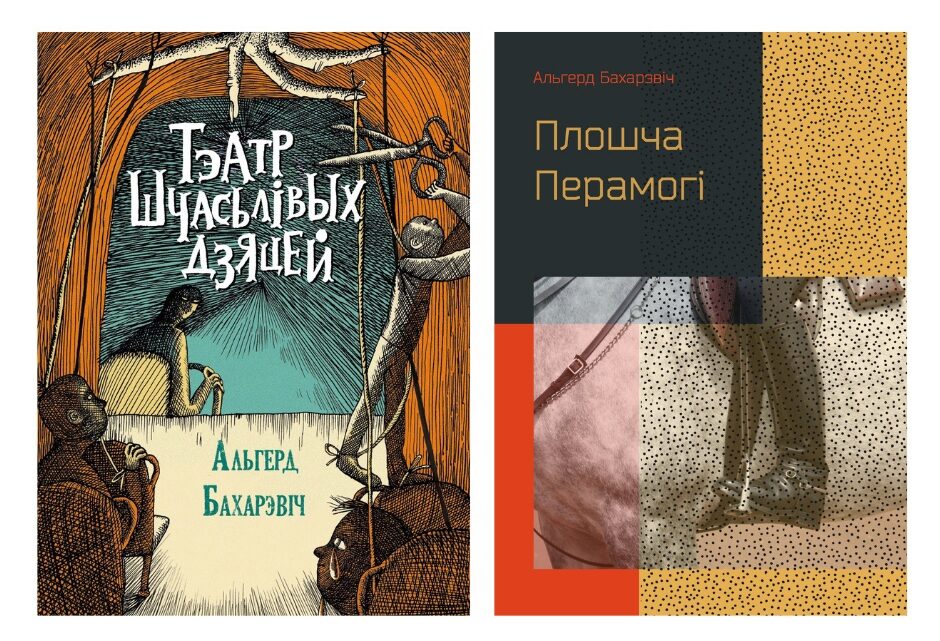
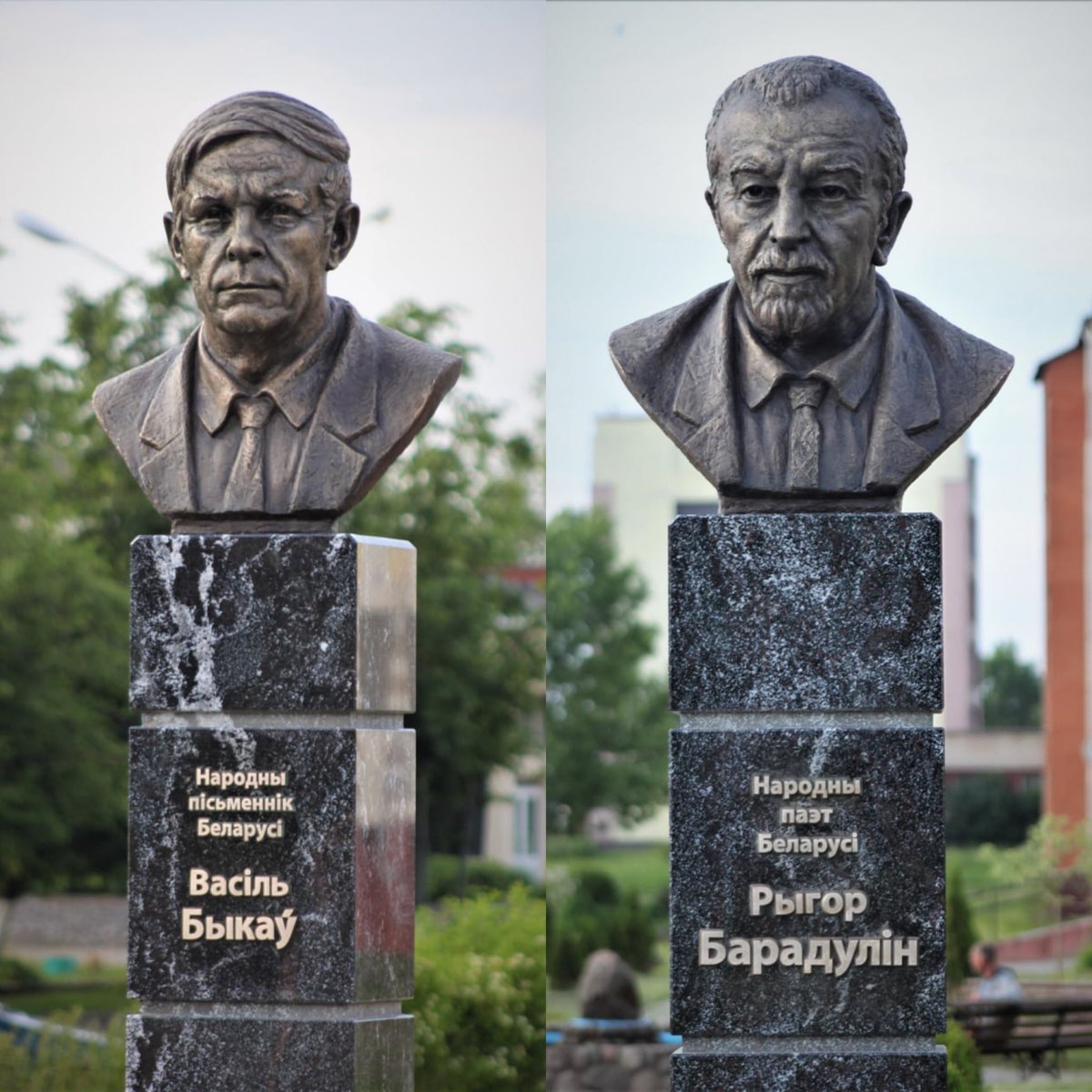
Memorials to Vasil Bykaŭ and Ryhor Baradulin were erected in Učašy, thanks to the donations from people who appreciate the contribution of these two greatest writers to Belarusian literary and cultural heritage.
Alena Anisim, chairwoman of the Belarusian Language Society, sent letters to the Interior Ministry, in which she reminded that the pressure on Belarusian-speaking members of the organization is unconstitutional and suggested some educational help to the institutions where such pressure has been inflicted.

Belarusians of Japan staged a performative action against violence happening in Belarus.
Victory Artists: band Litesound played in support of the families of political prisoners in Belarus.
Creativity from behind the bars
Olga Yakubouskaya, Partisans
Voices of Belarusian Culture
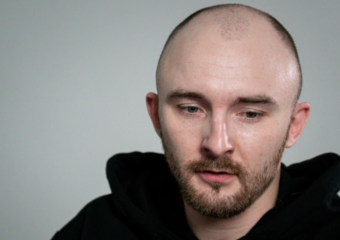
Ihnat Sidorčyk [Sidorchyk], director, actor and poet, who has been serving his “khimiya” term in the open correctional facility № 49 in Shklou since June 14.
“Well, who, if not me?! They need it for the numbers, if it weren’t me, they would have sent someone else who might have been morally weaker. I will survive.”
Valiaryna Kustava on her forced immigration,
“As it turns out, the worst thing I am facing is not the several criminal cases. They didn’t just confiscate all my belongings; they took away my living in my native land. While I cannot live without my beloved Belarus… The only thing they cannot take away or steal is our solidarity.”
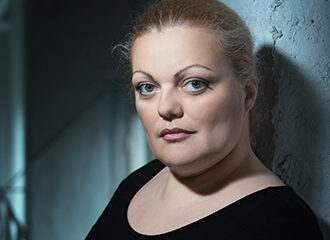
Natalla Akinina on her dismissal from the theater:
“It was impossible for me to stay in the current conditions, even for the sake of music and singing. It is unacceptable for me to have to prove my professionalism as a person and a singer to these people.”
Viktar Lachchar on the order to dispose of his books inlibraries:
“When people try to cut something out, it’s not insulting, but somehow, disgusting, funny and sad at the same time.”
International Solidarity
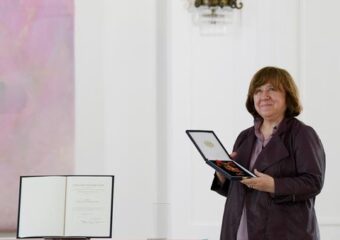
This year’s VERSschmuggel translation project of the 22nd Berlin Poetry Festival focused on Belarusian contemporary poetry.
Svetlana Alexievich received Germany’s Order of Merit.
Mikola Dziadok, blogger, activist, author of the book written in prison, has become the European Humanitarian University Outstanding Person of the Year.
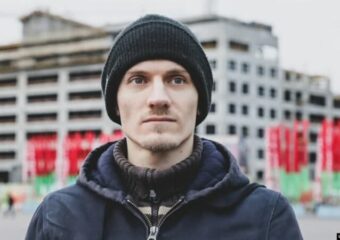
The Literary House in Lodz organized an online meeting with Belarusian authors: poet, translator and singer Andrej Chadanovič [Khadanovich] and writer and translator Sviatłana Kurs.
Rusłan Kulevič [Ruslan Kulevich], a journalist who was forced to leave his hometown Hrodna and fled to Poland, continues his work collecting memories of the citizens. He presented two of his Belarusian-language books in Bialystok.
Stand with Belarusian Arts and Culture community. Donate to Save Our Songs campaign.
